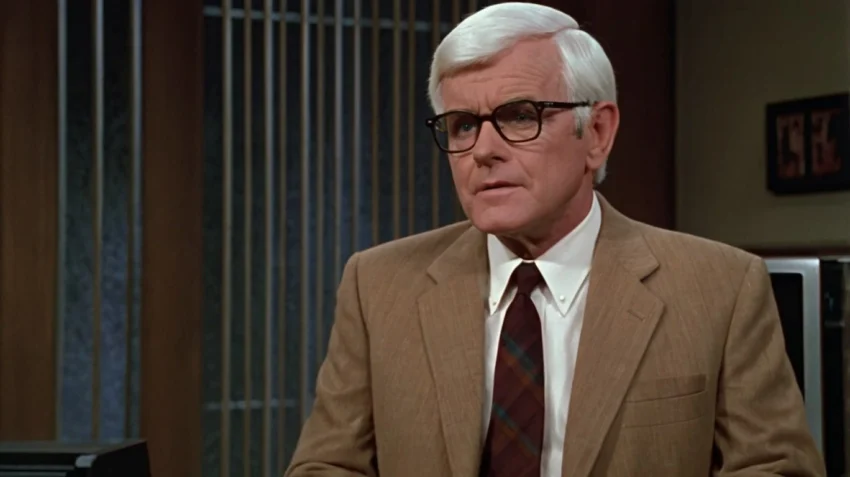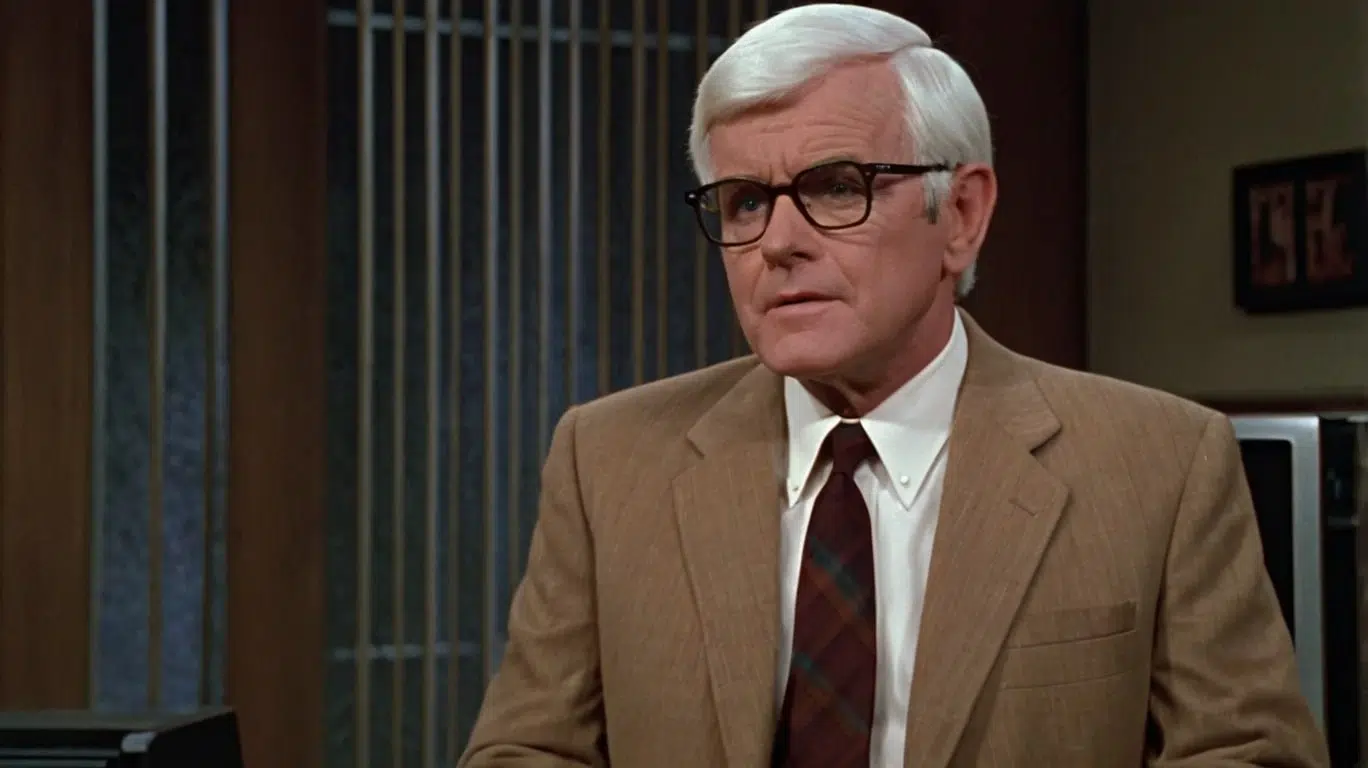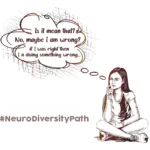How did Phil Donahue’s groundbreaking talk show pave the way for mental health awareness? This question is worth reflecting on, especially now that we’ve said goodbye to this television pioneer. Phil Donahue passed away on August 18, 2024, leaving behind a legacy that transformed how we talk about sensitive issues, particularly mental health. His show wasn’t just a platform for entertainment but a space where difficult, often stigmatized topics were brought into the light.
Donahue’s fearless approach broke barriers, giving millions of viewers permission to engage in conversations they once avoided. As we explore the profound impact of his work, we’ll uncover how his courageous conversations helped reshape societal attitudes toward mental health. By reading this article, you’ll understand how one man’s vision sparked a lasting movement of awareness and empathy.

How Donahue’s Show Made Mental Health a Public Conversation
Breaking the Silence: The Bold Move to Talk About Mental Health
When Phil Donahue launched his show, mental health was not a topic people openly discussed. Stigma and misunderstanding silenced many who needed help. Donahue broke this silence by inviting guests who shared their personal struggles with mental illness. This wasn’t just brave; it was revolutionary. His willingness to discuss mental health on national television changed the way people thought about these issues. By normalizing these conversations, Donahue helped reduce the shame surrounding mental health. This shift encouraged viewers to seek help and speak openly about their experiences.
Empowering the Audience: Encouraging Open Conversations
Donahue didn’t just present information; he empowered his audience to engage. He made it clear that mental health was everyone’s concern. By encouraging audience participation, Donahue created a space where people felt safe to ask questions and share their thoughts. This interactive format was crucial in breaking down barriers and fostering understanding. It taught viewers that discussing mental health wasn’t just acceptable—it was necessary. Through these open conversations, Donahue’s show laid the groundwork for the broader mental health awareness movement we see today.
Real Stories, Real Struggles
– Real Stories: The Power of Personal Testimonies
Phil Donahue understood that behind every mental health issue is a human story. He invited guests to share their personal experiences, giving a face and voice to often hidden struggles. These stories resonated with viewers because they were real and relatable. People saw themselves in the guests, realizing they weren’t alone in their battles. This connection between the viewer and the guest created a powerful sense of community. It showed that mental health issues could affect anyone, regardless of background or status, and that it was okay to talk about them.
– Real Struggles: Addressing the Unseen Battles
Donahue didn’t shy away from tough topics. He discussed depression, anxiety, and other mental health challenges with honesty and sensitivity. These authentic discussions helped to demystify mental illness and break down harmful stereotypes. By bringing these struggles into the public eye, Donahue helped to shift the narrative around mental health. His show highlighted that these issues were not signs of weakness but challenges that could be faced and overcome. This perspective was crucial in changing how society viewed mental health.
– The Impact: Changing the Landscape of Daytime TV
Donahue’s approach to mental health discussions set a new standard for daytime television. His show wasn’t just about entertainment but about education and awareness. Donahue influenced other talk shows by prioritizing real stories and real struggles to address similar topics. He proved that audiences were ready and eager to engage with meaningful content, paving the way for more open and honest discussions about mental health on TV. This impact extends beyond television, influencing how mental health is discussed.
The Power of Listening: How Phil Donahue Created a Safe Space for Mental Health Dialogue
Phil Donahue’s success wasn’t just about what he said—it was about how he listened. He created a space where people felt heard, valued, and respected. On his show, guests knew they could share their stories without judgment. Donahue’s attentive listening fostered trust, encouraging people to open up about their mental health challenges. This active listening was a powerful tool that made his show a safe haven for difficult conversations. It taught viewers the importance of truly listening when someone shares their struggles, a skill essential for supporting those facing mental health issues.
Donahue also ensured that the audience felt included in the dialogue. By listening to the viewers, he broke down the barrier between the stage and the audience. This interaction transformed the show into a communal experience where everyone’s voice mattered. It showed that listening isn’t passive; it’s an active part of creating understanding and empathy.
Through his approach, Donahue demonstrated that listening is key to fostering open, honest conversations about mental health. His show became a model for approaching sensitive topics with care and compassion. By valuing each person’s voice, he empowered others to do the same, helping to build a more empathetic and supportive society.
The Lasting Influence of Donahue’s Courageous Conversations
Phil Donahue’s legacy is a testament to the enduring power of media in shaping public consciousness around mental health. His show wasn’t just ahead of its time; it was transformative, paving the way for more open discussions on topics once considered taboo. According to research by Dr. Graham Thornicroft at King’s College London, media plays a pivotal role in altering public attitudes toward mental illness. Donahue’s willingness to tackle these issues helped dismantle harmful stereotypes, encouraging a more empathetic societal view.
As the ripple effects of Donahue’s work continued, they influenced the next generation of media professionals. His approach has been mirrored in modern talk shows, documentaries, and news segments that seek to destigmatize mental health by focusing on personal stories. This shift underscores the importance of authentic storytelling in raising awareness and fostering understanding.
The impact of Donahue’s courageous conversations can also be seen in public health initiatives. Today’s mental health campaigns often echo the themes Donahue championed, emphasizing the need for openness, education, and support. Studies, such as those by the World Health Organization (WHO), suggest that reducing stigma is essential in improving mental health outcomes globally. Donahue’s work laid the foundation for these ongoing efforts, proving that media can be a powerful ally in the fight for mental health awareness.
Looking forward, Donahue’s legacy challenges us to continue these conversations. As mental health issues become increasingly prevalent, the lessons from his show remain relevant. We must keep pushing for media that educates and empowers, recognizing its role in shaping perceptions and breaking down barriers. By following in Donahue’s footsteps, we can continue to build a world where mental health is understood, respected, and prioritized.
“I have moved from certainty to doubt, from devotion to rebellion“
— Phil Donahue
A Lasting Legacy: Continuing Donahue’s Fight for Mental Health Awareness
Phil Donahue’s work in bringing mental health into the public eye was groundbreaking and deeply human. His show broke down walls of silence, allowing people to share their struggles and connect with others in ways that hadn’t been done before. As we reflect on his legacy, it’s clear that his courageous conversations paved the way for a more compassionate and informed society. Writing this article reminded me of the media’s power in shaping our understanding of crucial issues. Donahue’s work continues to inspire, showing us that one voice can make a significant difference in the fight for mental health awareness.
Let’s continue the conversations he started and create spaces where mental health is openly discussed and supported.
What are your thoughts on Phil Donahue’s influence on mental health awareness? Please share your comments below; we’d love to hear from you!





